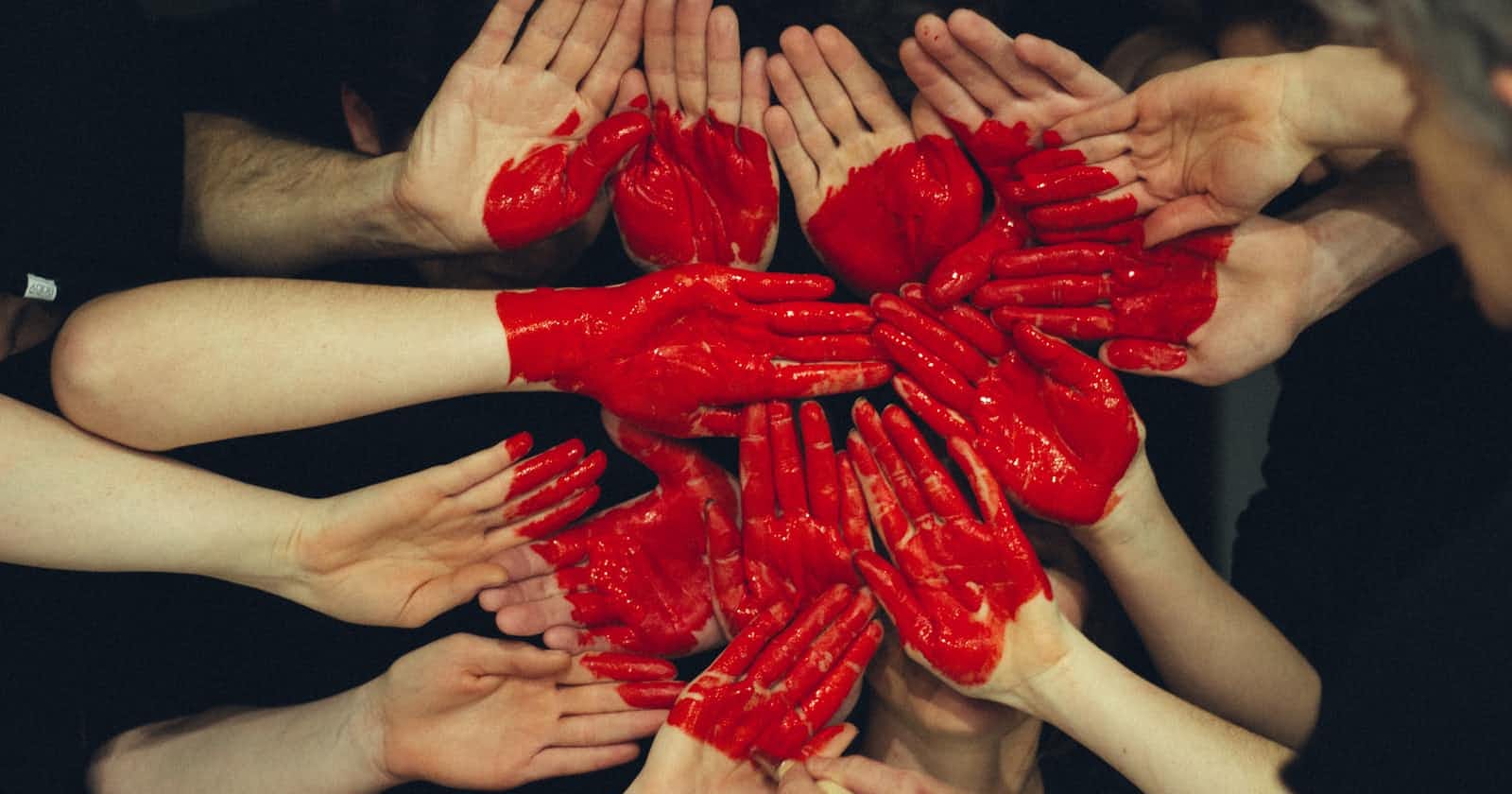
Photo by Tim Marshall on Unsplash
Ethics and Social Responsibility for Creators in the Digital Age
I’ve spent a lot of time on Twitter lately trying to get traction in the social media space. I try to find people to follow that I find inspiring, motivational, and insightful. Over time, I’ve managed to clear a lot of negativity from my Twitter space and it’s generally a good place to be. That said, I’ve seen about a thousand threads lately that go something like this:
“Make $10,000 a month with x”
“I made 6 figures doing x, you can too!”
On and on...
These types of posts have me thinking about ethics, social responsibility, and community, so I wanted to share some thoughts.
Chasing Influence
While I don’t get these bait-y tweets from folks I’m following, usually, they still end up in my feed through algorithmic suggestions. To me, this says that the format works. It is obvious that a tweet-sized explanation of how to make a large, but believable, amount of money would garner attention.
The question is: Is it true, or clickbait?
My general view on the matter is that if they don’t mention putting in tons of effort, learning, and dedication, then it’s bunk. But I still clicked it and read through, and they probably gained at least a few followers with their snake oil pitch.
It’s sad to me because there have been many occasions where I’ve found extremely valuable advice and synthesized information via Twitter. There are so many lovely folks out there who are building things, sharing their experience, and helping others along the way and I aspire to be one of them.
Unfortunately, though it’s becoming epidemic—especially in the age of crypto—to make big, bold claims regardless of their truthfulness in the hopes of gaining influence.
A Designer’s Point of View
As a graphic designer, I am careful to make an ethical sweep of every design to look out for violations of ethical and social standards. I use a yin yang symbol in my logo design because it represents balance and harmony, which are foundational principles of design. I did research, though, to ensure that the use of that symbol is acceptable by a white male with no Daoist or Asian heritage.
Thankfully, I found that the symbol has been used by many cultures and religions worldwide and I am using it within its intended meaning. I love this symbol and what it represents and am happy to nod to it in my branding.
If I had found that it was a symbol used specifically within one culture or religion, or that I was changing the meaning of the symbol, I would have found a different design solution.
These issues are important for any creator to be considering in their work. For graphic designers, it is important to ensure that the works you create are not appropriating cultures, exclusionary, or disrespectful.
I make it a point to remember that the work I perform will be seen by many and has a chance to influence culture on a small or large scale. It’s important to me that my work is respectful, timeless, honest, and appropriate.
So Let’s Talk About Honesty
Honesty is an important ethical consideration for any business or entrepreneur. Like everyone, I want to know that the person I’m doing business with is being honest and upfront with me.
As a designer who is hired by businesses, it is my responsibility to represent my clients with honesty and integrity. Thus, it is important to me that I have an idea of who the business is, what they do, and how they make money so that I know that I can maintain my own personal integrity while working for others.
When creating visuals for a company, product, or person, the best representation is an honest one, and anything less is degrading not only to myself as a designer but to the community at large.
I am all about finding what’s at the heart of a client’s needs and finding a solution that represents that heart without legitimizing the illegitimate.
Designers can make anything look pretty, but it’s a disservice to the public when the product doesn’t match the packaging (literally or figuratively).
My Promise:
Here are a few general social ethics promises that you can expect me to do business by:
- I consider it my responsibility to do the research on clients, products, and imagery involved in my design work.
- I will be respectful of others and engage in fair market competition.
- I will not plagiarize and I will give credit anywhere it is due.
- I will be upfront about my experience, expertise, and abilities.
- I will share knowledge where I can in service of my profession.
- I will not misrepresent, embellish, or fabricate any claims made on any of my platforms (website, social media, advertising).
I think this provides a good explanation of what I’m seeking to do as a business and I hope that others can promise the same.
To Conclude...
I want to see the people of the world do amazing things together through the power of the internet. There isn’t currently a way for social media platforms to determine lie from truth, so there’s no sense in getting upset over that which we cannot control.
What I can control is my own behavior and standards as well as those I associate with.
Get-rich-quick schemes ain’t me.
Doing it the easy way ain’t me.
I’ll choose the ethical path and I hope you do too.
What did I miss? Is there anything else that I should be considering? Leave a comment and let me know!

